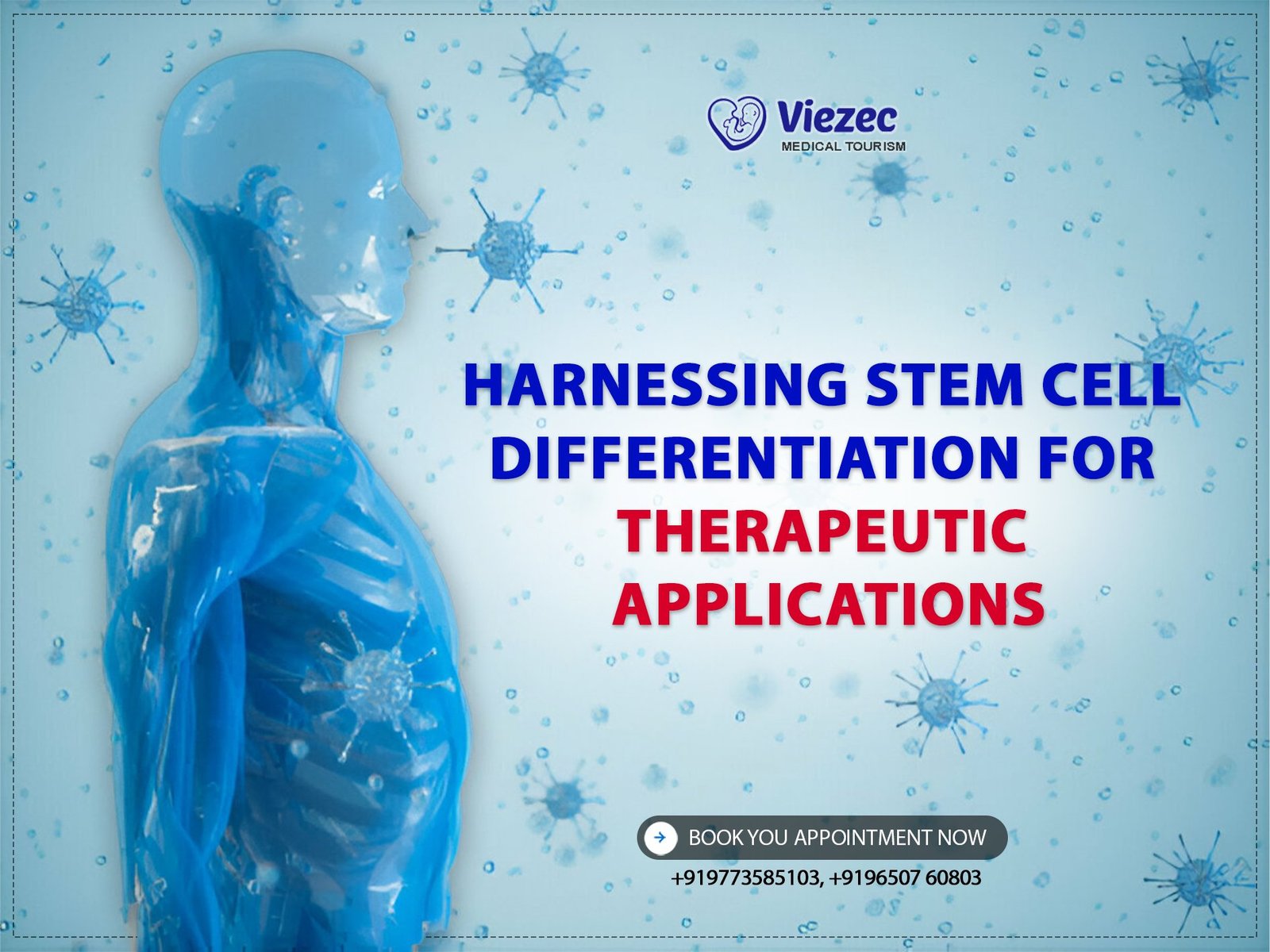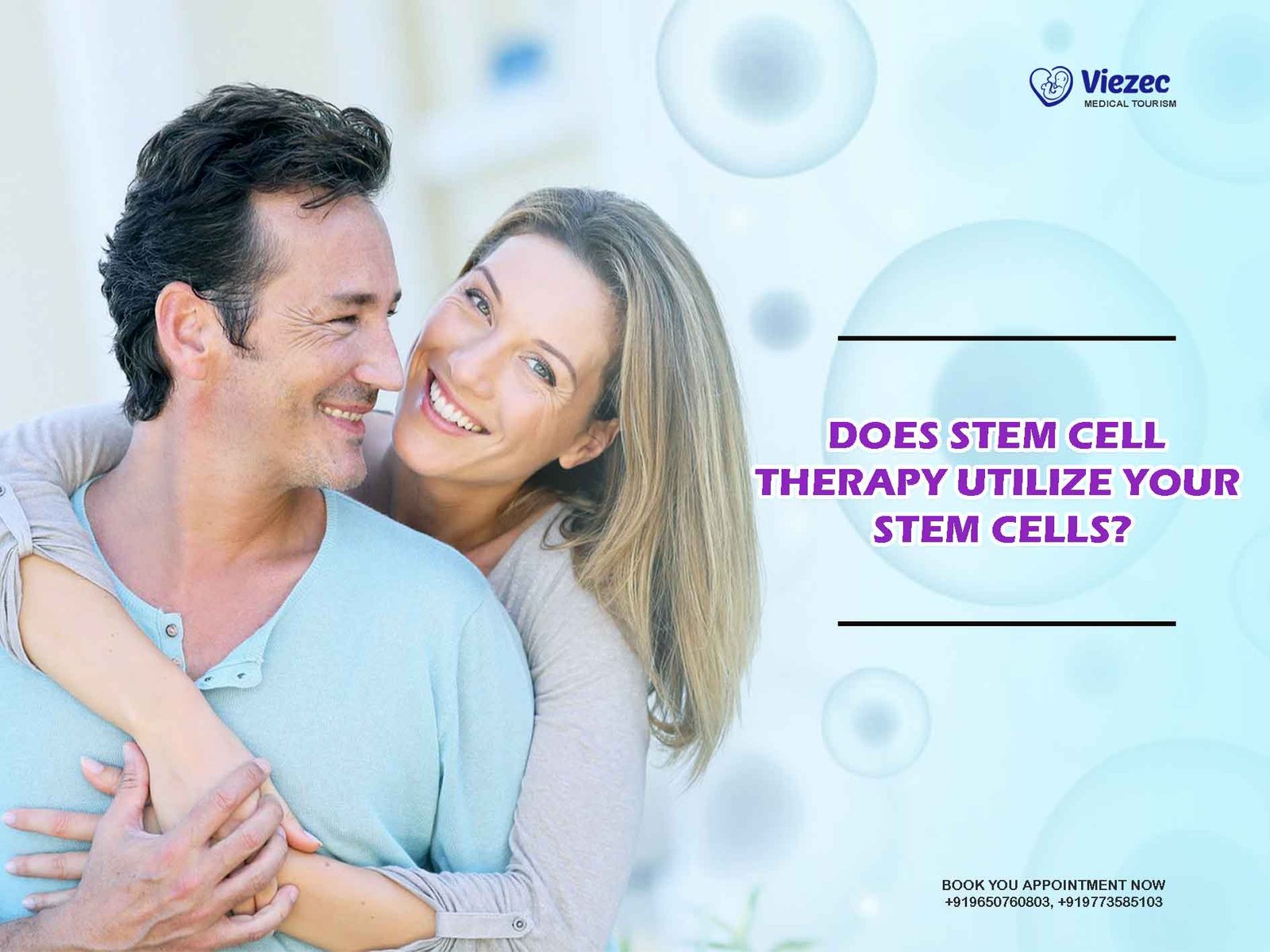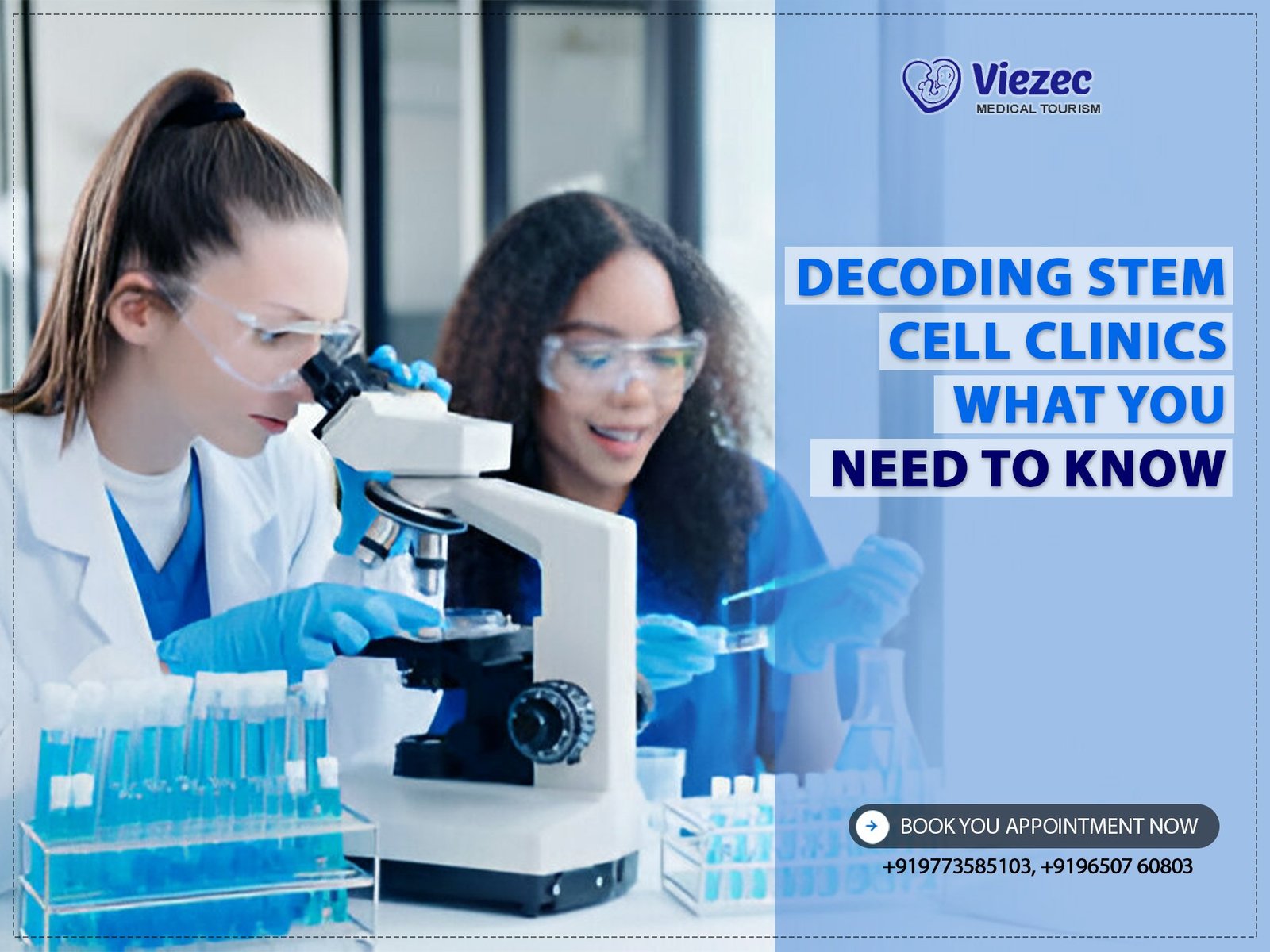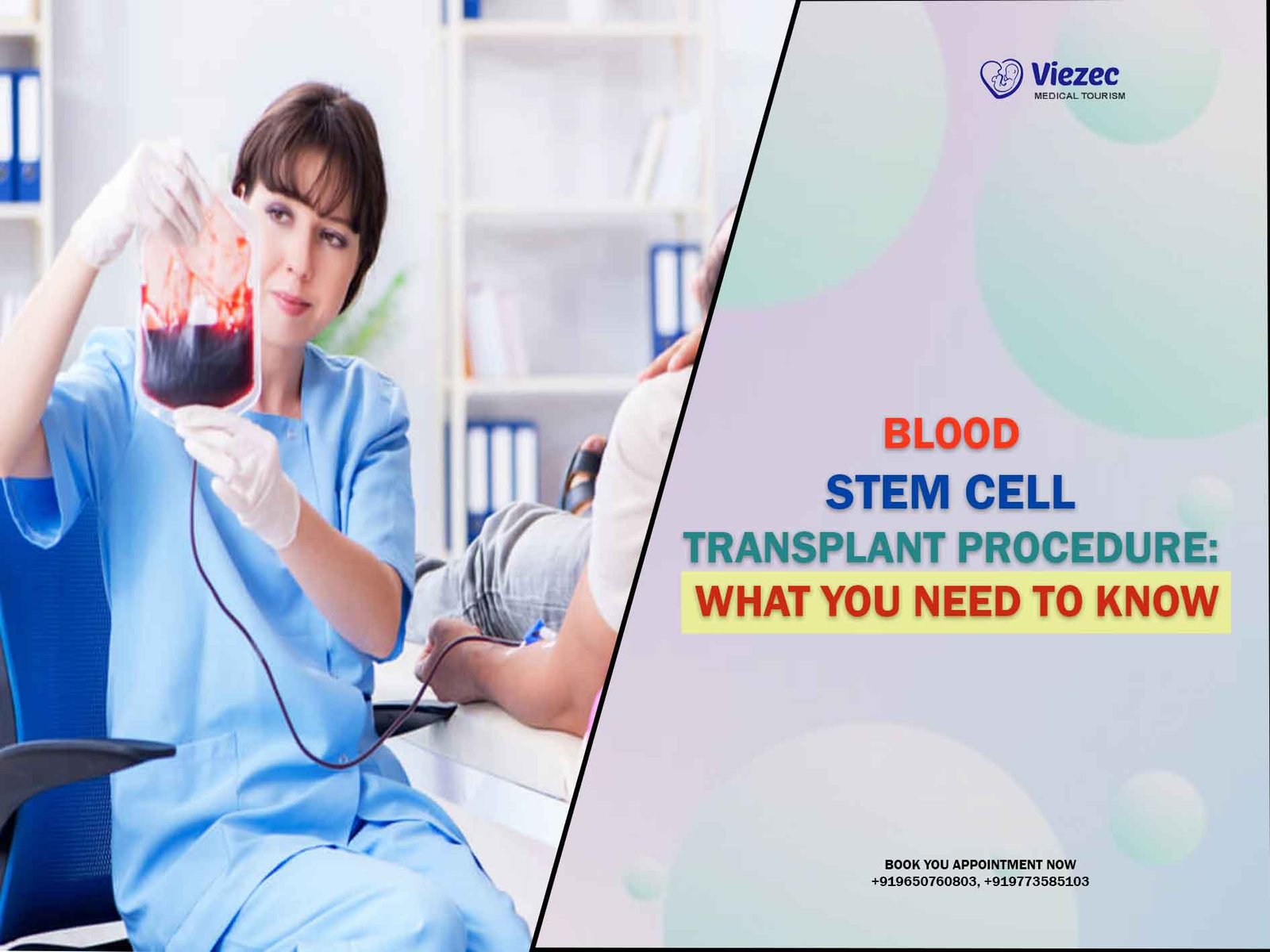Stem cells hold immense promise for revolutionizing regenerative medicine and therapeutic interventions. Their unique ability to self-renew and differentiate into specialized cell types has propelled research into harnessing their potential for treating various diseases and injuries. This article delves into the intricacies of stem cell differentiation, exploring its molecular mechanisms, applications in regenerative medicine, challenges, and future perspectives.
Introduction to Stem Cells
Stem cells are undifferentiated cells capable of both self-renewal and differentiation into specialized cell types. These remarkable properties make them invaluable for tissue regeneration and repair. Stem cells can be broadly categorized into embryonic stem cells (ESCs), derived from the inner cell mass of blastocysts, and adult stem cells, found in various tissues throughout the body.
Stem cell differentiation refers to the process by which these cells transition from an undifferentiated state to specific cell lineages, such as neurons, muscle cells, or blood cells. Understanding the mechanisms that govern this differentiation is crucial for unlocking their therapeutic potential.
Molecular Mechanisms of Stem Cell Differentiation
The process of stem cell differentiation is intricately regulated by molecular mechanisms involving gene expression, signaling pathways, and epigenetic modifications. Gene regulation plays a central role in determining cell fate, with transcription factors and regulatory proteins orchestrating the expression of lineage-specific genes.
Signaling pathways, such as the Wnt, Notch, and TGF-β pathways, play pivotal roles in coordinating cellular responses to extracellular cues, guiding stem cells towards particular lineages. Additionally, epigenetic modifications, including DNA methylation and histone modifications, help establish and maintain cellular identity during differentiation.
Inducing Differentiation in Pluripotent Stem Cells
Pluripotent stem cells, such as induced pluripotent stem cells (iPSCs), offer tremendous potential for regenerative medicine due to their ability to differentiate into any cell type in the body. Directed differentiation of iPSCs can be achieved through various approaches, including the use of small molecules, growth factors, and engineered microenvironments.
Small molecules can modulate key signaling pathways to drive lineage-specific differentiation, while growth factors and cytokines provide instructive signals for guiding cellular fate. Engineering microenvironments with specific physical and biochemical cues can further enhance the efficiency and specificity of stem cell differentiation.
Applications of Differentiated Stem Cells in Regenerative Medicine
Differentiated stem cells hold immense promise for a wide range of therapeutic applications in regenerative medicine. Tissue engineering approaches leverage the ability of stem cells to generate functional tissues and organs for transplantation. Cell replacement therapies aim to replenish damaged or diseased tissues with healthy, functional cells derived from stem cells.
Furthermore, differentiated stem cells serve as valuable tools for drug discovery and toxicity testing, offering more physiologically relevant models for studying disease mechanisms and evaluating drug efficacy and safety.
Challenges and Limitations in Stem Cell Differentiation
Despite their potential, stem cell differentiation poses several challenges and limitations that must be addressed for clinical translation. Tumorigenicity remains a significant concern, particularly with pluripotent stem cells, raising the risk of teratoma formation upon transplantation.
Heterogeneity and variability in differentiation efficiency pose challenges for obtaining consistent and reproducible outcomes. Additionally, immunogenicity can trigger host immune responses against transplanted cells, leading to rejection and compromising therapeutic efficacy.
Strategies for Enhancing Stem Cell Differentiation Efficiency
Addressing these challenges requires the development of advanced strategies to enhance stem cell differentiation efficiency and safety. Advanced culture systems and bioreactors provide more physiologically relevant environments for supporting stem cell growth and differentiation.
Genome editing techniques, such as CRISPR-Cas9, enable precise control over gene expression and cellular functions, offering opportunities to improve differentiation protocols and mitigate safety concerns. Combinatorial approaches that integrate multiple strategies can synergistically enhance differentiation outcomes.
Ethical Considerations and Regulatory Frameworks
Stem cell research raises ethical considerations surrounding the use of human embryos and the potential manipulation of human life. Ethical guidelines and regulatory frameworks aim to ensure that stem cell research is conducted ethically and responsibly, balancing scientific progress with ethical considerations.
Public perception and stakeholder engagement are crucial for fostering trust and transparency in stem cell research and therapeutic applications. Engaging with the public and stakeholders can help address concerns, promote awareness, and facilitate informed decision-making.
Future Perspectives in Stem Cell Differentiation Research
Looking ahead, emerging technologies and paradigm shifts hold promise for advancing stem cell differentiation research. Integration of stem cell biology with artificial intelligence and machine learning algorithms can accelerate the discovery of novel differentiation protocols and optimize therapeutic outcomes.
Personalized medicine approaches, leveraging differentiated stem cells derived from patient-specific iPSCs, offer customized treatments tailored to individual genetic backgrounds and disease profiles. These developments have the potential to revolutionize healthcare and the biotechnology industry.
Case Studies: Success Stories and Clinical Trials
Several successful case studies and ongoing clinical trials demonstrate the therapeutic potential of differentiated stem cells in treating various diseases and injuries. For example, in the treatment of neurological disorders, stem cell-based therapies have shown promising results in restoring lost neuronal function and improving patient outcomes.
Similarly, in cardiac regeneration strategies, stem cell-derived cardiomyocytes have been used to repair damaged heart tissue and improve cardiac function in patients with heart failure. Clinical trials assessing the efficacy and safety of these therapies continue to advance, paving the way for their widespread adoption.
Conclusion and Outlook
In conclusion, harnessing stem cell differentiation holds tremendous promise for revolutionizing regenerative medicine and therapeutic interventions. Understanding the molecular mechanisms that govern differentiation, overcoming challenges, and navigating ethical and regulatory considerations are crucial steps towards realizing this potential.
As research advances and technologies evolve, the future outlook for stem cell differentiation remains bright. With continued innovation and collaboration, differentiated stem cells are poised to transform healthcare and the biotechnology industry, offering new hope for patients worldwide.
FAQs:
Are stem cell-based therapies safe?
While stem cell-based therapies show promise, safety concerns, such as tumorigenicity and immunogenicity, must be carefully addressed through rigorous preclinical testing and clinical trials to ensure patient safety.
How are stem cells differentiated into specific cell types?
Stem cells can be induced to differentiate into specific cell lineages through various approaches, including the use of small molecules, growth factors, and engineered microenvironments that mimic the physiological cues present during development.
What are the ethical considerations surrounding stem cell research?
Stem cell research raises ethical questions regarding the use of human embryos and the potential manipulation of human life. Ethical guidelines and regulatory frameworks aim to ensure that research is conducted ethically and responsibly, with proper consideration given to societal values and moral principles.
For more information or to stay updated on the latest developments in stem cell research, visit us online.











